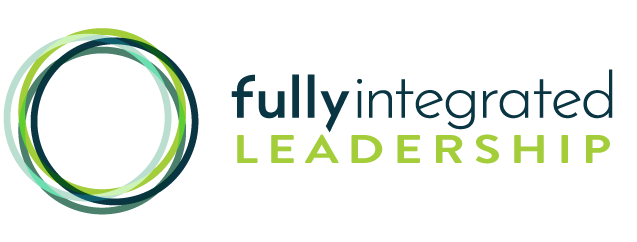Did you know that a person named Michael is statistically more likely to marry someone named Michelle over someone named Brenda? Did you know that a person named Denise is statistically more likely to become a dentist over a lawyer? And did you know that 84% of radiologists completely missed an image of a gorilla in a lung x-ray even though the gorilla was 48 times the size of an average nodule (what they look for to detect certain lung ailments)? These are just a few examples to illustrate how unconscious biases drive our actions when we operate as if we have covered all the bases.
Why is a person who writes blog posts on leadership talking about some obscure biases of the mind? Well, in a VUCA world (one that is Volatile, Uncertain, Complex, and Ambiguous) leaders who understand the way their minds bias information will be more effective than those who do not. Even at our best, we are constantly influenced by our emotions, our preconceptions, our previous experiences. In fact, it makes us our best when we can make the most of these competing forces, knowing the ways our bodies and our intuitions guide us helpfully beyond our rationality.
Rather than spending too much time today on neuroscience, I simply want you to be on the lookout for the following biases that can show up in individual or in groups. The leader who can spot biases and test assumptions is the leader who will thrive in the VUCA world:
- Confirmation bias-this is the simple idea that we seek evidence to support what we already think and we skip over/disregard information that contradicts what we believe. In research studies, subjects’ eyes literally skip over information that refutes their belief, thus leaving them to believe there is more information supporting their belief. This can show up in individuals and in groups. Listen for people coming to agreement too quickly, or saying things like “it’s obviously the right way to go.”
- Busyness Bias-our brains do not give us all the information available in any situation. One, we can’t handle that amount of information, and two it would be inefficient to try to sort through it all. This gets even worse when we’re trying to find something in particular. We tend to pay hard attention to one thing and thus we miss other things (remember the radiologists and the gorilla picture from above!). Listen for people saying “we’ve considered all of the relevant information and concluded that…”
- Similarity bias-simply put, we look more favorably on those things that remind us of ourselves. This shows up a lot in job interview situations where we unconsciously bias ourselves against candidates who do not remind us of ourselves. However, it can also show up in everyday interactions. Try to notice when you are shying away from someone and cannot come up with a rational reason for doing it.
- Memory bias-if I can remember it, it must be important. Even better, if that thing I remember is also relatively easy to do, it is even more attractive. Our minds are drawn to neat, linear narratives so when we find something that fits the bill, we tend to place heavy importance on it and get busy convincing others this is the only logical path.
Understanding that our minds are wired to look for a simple “cause and effect” story, and realizing that VUCA conditions are often made worse when we implement simple solutions, we can slow down our thinking individually and collectively to ensure we are considering multiple options based on diverse perspectives. I encourage you to choose one of the above biases and spend your day watching out for it in yourself and in others. Remember, what you see is not all there is!

